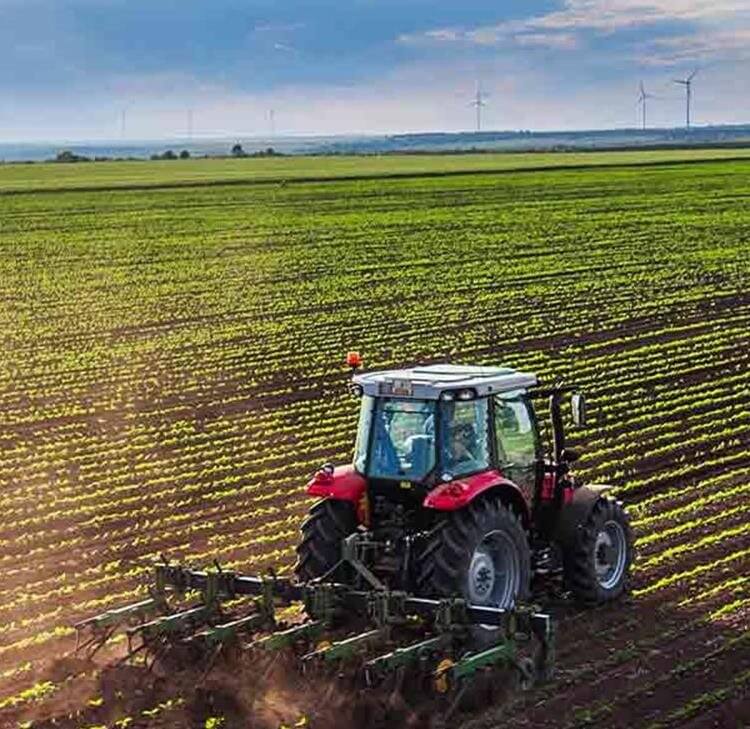Since late 2023 the Food Standards Agency has expressed its clear intention to put forward legislative changes to its novel food approval procedure, officially known as its Regulated Products Services (RPS). Changes to this regime are likely to create uncertainty for food manufacturers as to how they might get regulatory approval and bring novel foods to the UK market.
Novel Foods are categorised as any food without a “history of consumption” to a significant degree within the UK or EU before 15 May 1997. Novel Foods include traditional foods eaten elsewhere in the world, but also include foods produced from new processes. A particularly prominent example in recent years has been “lab grown” meat substitutes. It is a popular area of investment for companies in the sector, but there is a lack of clarity in where the regulatory framework is headed ahead of the election.
To be placed on the British market, novel foods currently require one of two authorisations: traditional food notification or full application. A public register of novel foods sets out the foods already permitted for use, and the legal basis for placing them on the market remains within EU Regulations.
An FSA board meeting held in March 2024 made way for some “short term reforms” to this system to remove the need for often bureaucratic re-authorisation of certain food products, including genetically modified food and smoke flavourings, both of which have had a boom in popularity in recent years. It has also tabled the proposal to allow regulated product authorisations to come into effect on registration to an official public register. This is likely to save up to 6 months from the approval process. A consultation which concluded on 5 June 2024 sought to draw upon the views of key stakeholders on these changes including food businesses, local authorities, and consumers.
The next set of proposals is understood to have been discussed at the FSA board meeting on 19 June 2024, which strongly suggests that the substantive reforms will have to wait until after the General Election. In order to implement them, the FSA will need the support of the government elected to push these changes to the top of what is likely to be a crowded legislative agenda. It may well be that the FSA will find a sympathetic ear if it can link the regulatory reforms in with the wider conversation about tighter regulation on the advertising and marketing of highly professed foods, and nurturing local food sources.
Contents
- Food for Thought: Food and drink regulatory update: Summer 2024
- Key messages from the manifestos: What will the General Election mean for the food and drink sector?
- Label with care: The updated rules for marketing ‘No and Low Alcohol Drinks’
- Bottling success: Regulatory reforms for wine regulations in 2024











































